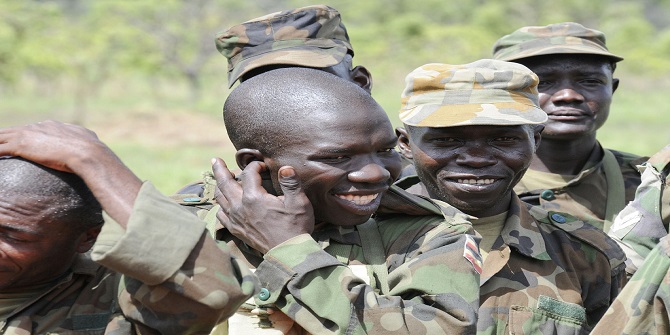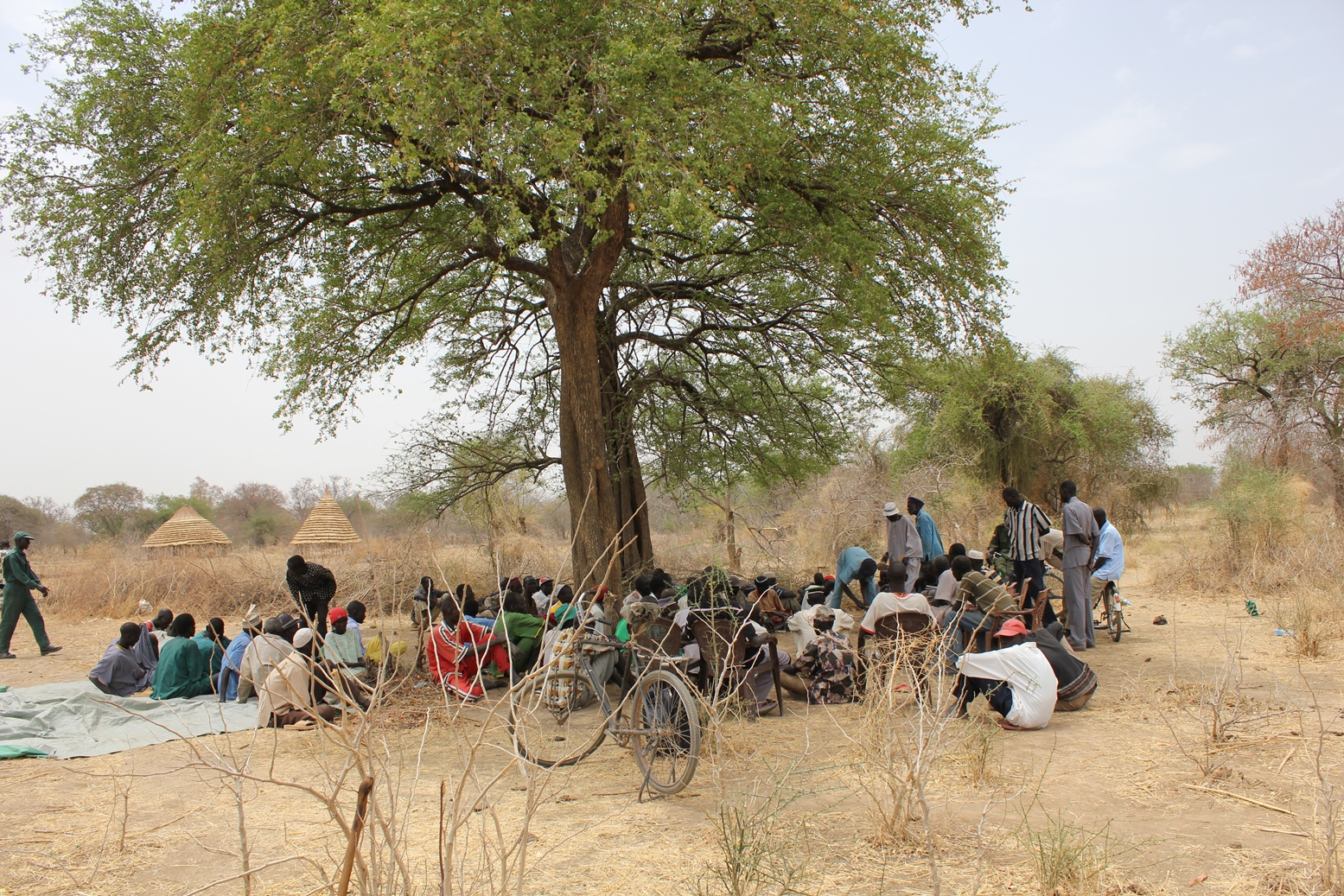by JSRP Research Director, Alex de Waal
 For South Sudanese, encounters with the justice system are too often an experience of injustice. But when and how do courts, and the lawyers, judges and paralegals associated with them, succeed in delivering justice? And how do these processes contribute to the construction of public authority?
For South Sudanese, encounters with the justice system are too often an experience of injustice. But when and how do courts, and the lawyers, judges and paralegals associated with them, succeed in delivering justice? And how do these processes contribute to the construction of public authority?
The JSRP is developing a project to document cases that come to court in order to assemble an archive of court observations taken from different localities in South Sudan. The aims are to inform our own research exploring the logics of public authority while also contributing to sharing information about justice in practice within South Sudan. Hitherto, researchers have been most interested in the customary courts: our focus also includes the statutory courts.
On 6-7 July 2015, the JSRP convened a workshop on court observation and justice research, to finalize a project of compiling documentation on court cases across the country, provide training for paralegals, and bring together researchers and practitioners, including lawyers, a High Court Judge and representatives of local NGOs. The workshop was organized by the JSRP’s South Sudanese partners: Justice Africa, South Sudan Law Society and CEPO. It included a group of volunteer paralegals, many of them teachers, from diverse communities in seven states across South Sudan, including Nuer and Dinka displaced from their home areas and directly affected by the current war and massacres.
In the middle of a deeply divisive war, there was remarkable common ground among the participants. These included the importance of educating citizens about the justice system and their rights, and the need for an independent, well-trained and properly financed judiciary. There was also a demand for research, including agreement on the value of documenting court cases (and cases that don’t come to court). For the JSRP team, the debate provided rich insights into the routine experiences of those working within the justice system in different contexts and roles, and helped us to develop our research agenda.
Photo credit: babasteve / Foter.com / CC BY-NC
Note: articles present the views of their authors, and not necessarily the position of the Justice and Security Research Programme, nor of the London School of Economics and Political Science.





